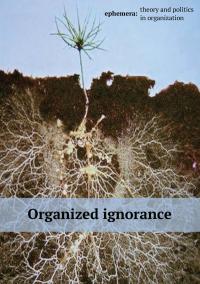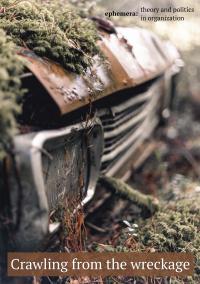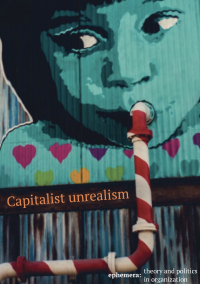Writing politics
What more can we say today about the relations between writing and politics? ‘The pen is mightier than the sword’ goes the old slogan, but is it mightier than the traditional forms of direct action, political protest and insistent recalcitrance? Further, what hopes can we have for protest and resistance without these being inscribed – in the first case inscribed in an already existing conjuncture that must be understood in all its complexity, but also inscribed in the sense that action must be mobilised through language, and its results and effectiveness communicated and criticised?
At a time at which the passing allusion – never mind the writings (or the politics) – to Lenin seems so easily dismissed out of hand, perhaps we should remind ourselves of what we can continue to learn from the traditions of progressive theory. Avoiding vague generalities, we are referring to Lenin’s insistence on the dual demands of concrete politics and abstract theory. For Lenin there is no attempt to grant absolute priority to one or the other, but equally there is no idea that we might reduce one to the other, a practice that so often amongst academics results in an idealism that sees the world changed by caressing a computer keyboard. For a critical theory, the dual demand of writing and politics remains inescapable, as is an insistence on the duality of this demand.





